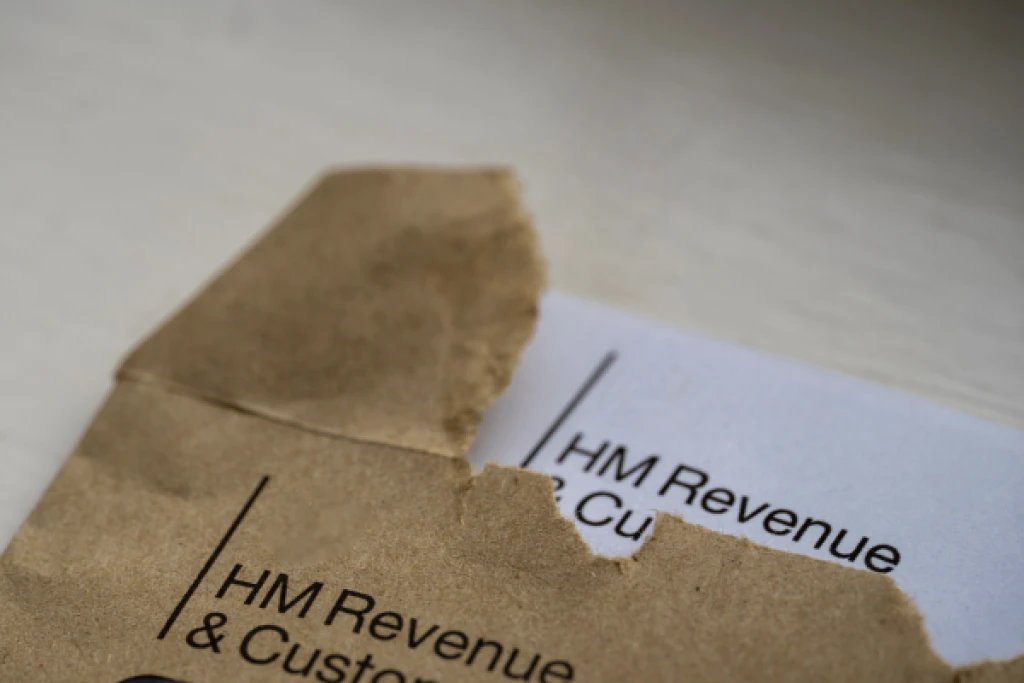Five things to know about setting up as a sole trader
HOME / / Five things to know about setting up as a sole trader
When you start your own business, you’ll need to decide which company format to register with HMRC. The structure you register your company under will depend on how much legal and financial responsibility you want to take for the business. It will also affect how much tax and time you give HMRC each year!
Registering as a sole trader is the simplest form of business structure. HMRC estimates almost 60% of British businesses use this format (in 2023 there were 3.1 million sole proprietors in the UK, making up 56% of the total number of businesses).
Life as a sole trader can be extremely rewarding. You call the shots and shape the business to suit your vision.
But you also carry all of the responsibility on your shoulders because you’re the exclusive owner of your business.

1. What is a sole trader?
If you run your own business and are self-employed, congratulations, you’re a sole trader!
If you earn more than £1,000 a year from self-employment, you need to register with HMRC as self-employed, or ‘working for yourself’.
You will be liable for tax and national insurance on the money you make. But you get to keep all the profits you make after tax because you have no shareholders.
2. What paperwork will I need to complete as a sole trader?
One of the major benefits of registering as a sole trader is that the paperwork is much easier. Not easy, but easier. You’ll still need to keep detailed financial records but there is far less HMRC-related admin.
As a sole trader, you will need to:
keep records of your business’s sales and expenses
complete an annual self-assessment tax return
pay income tax on your profits and Class 2 and Class 4 National Insurance
Registering for self-assessment is relatively quick and easy on the HMRC website.
You’ll need to have the details of your business handy, as well as your National Insurance number.
But you don’t need any financial information or detailed stats.
register for self assessment
3. What are the benefits of registering as a sole trader?
You’re the boss
As a sole trader, you’re the boss. You have complete control over how you choose to run your business. You don’t have any shareholders or directors telling you what to do.
Minimum admin
Setting up as a sole trader is free and fairly easy. You will need to keep records and complete some paperwork each year, but nothing as intense as a limited company.
Maximum privacy
If privacy is important to you, being a sole trader is more private than being a limited company. Limited companies have to register with Companies House and provide information that is then on public record.
Keep all of your profits
Because you don’t have shareholders, you get to keep all of your profit after tax and national insurance. However, depending on your earnings for the year, this may not actually be the most tax efficient way of drawing money from your business (see below).
Proof of employment
Registering as a sole trader provides proof of self-employment. This is helpful for certain benefits such as tax-free childcare.
4. What are the disadvantages of registering as a sole trader?
Unlimited liability
As a sole trader, you are your business. There is no legal distinction between you and your company. This means you’re personally responsible for paying back business loans or for any losses your business might make.
If you’re starting a business which requires you to borrow a lot of money, registering as a limited company may offer you better financial protection if things go wrong.
Less efficient for tax
Limited companies can be more tax efficient than sole traders, especially if you’re earning over £25,000 per year. Limited companies have more options when it comes to how they pay tax on their income. Several different factors mean you might be better off as a limited company:
Paying business tax vs income tax
Potential to reduce liability for National Insurance contributions
The £2,000 tax-free dividend allowance for shareholders
You’ll need an accountant to help you work out what works best for you.
Read our guide on how to find the right accountant for your small business.
How to find an accountant
Securing finance
Because of the public scrutiny that limited companies are open to, they’re often perceived as being more reliable than sole traders. This is particularly important when it comes to securing finance. Some lenders won’t consider lending to sole traders.
5. Can a sole trader employ staff?
Yes. People often think that being a sole trader means you’re the only person in your business. But that isn’t the case. It simply means that you are the only owner of your business. You don’t have a business partner or directors.
If you employ staff, you’ll need to have a PAYE payroll scheme to manage income tax and NI contributions for employees. If you exceed the VAT threshold, you’ll also need to register for VAT.
Hiring staff is a great way to boost your capacity and grow your business.
Your employees will spend a lot of time at work, and hopefully devote their energy and enthusiasm to making your business a success - so make sure they’re safe, secure and well looked-after.
Get a heads start by reading our essential guide to HR for new businesses.
read the guide

"We’re delighted to be the 2000th loan recipients!"
